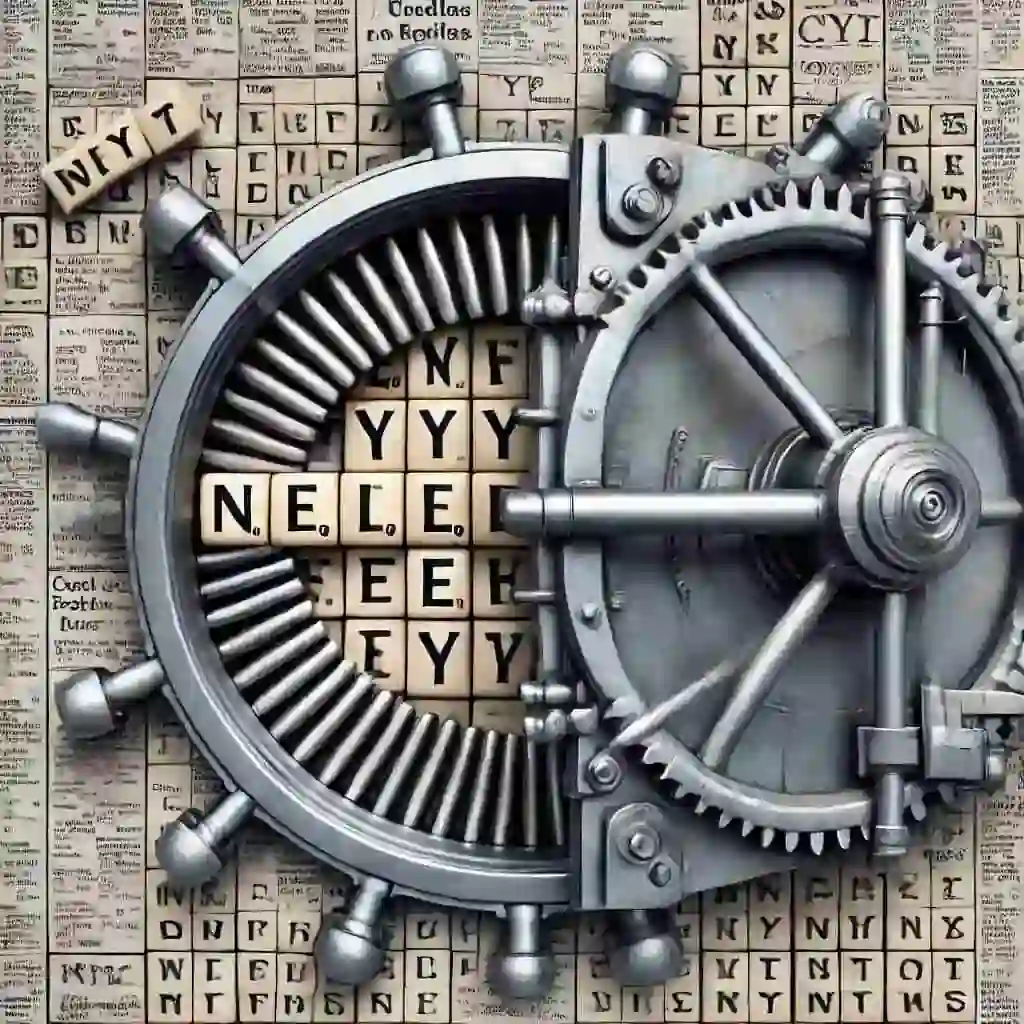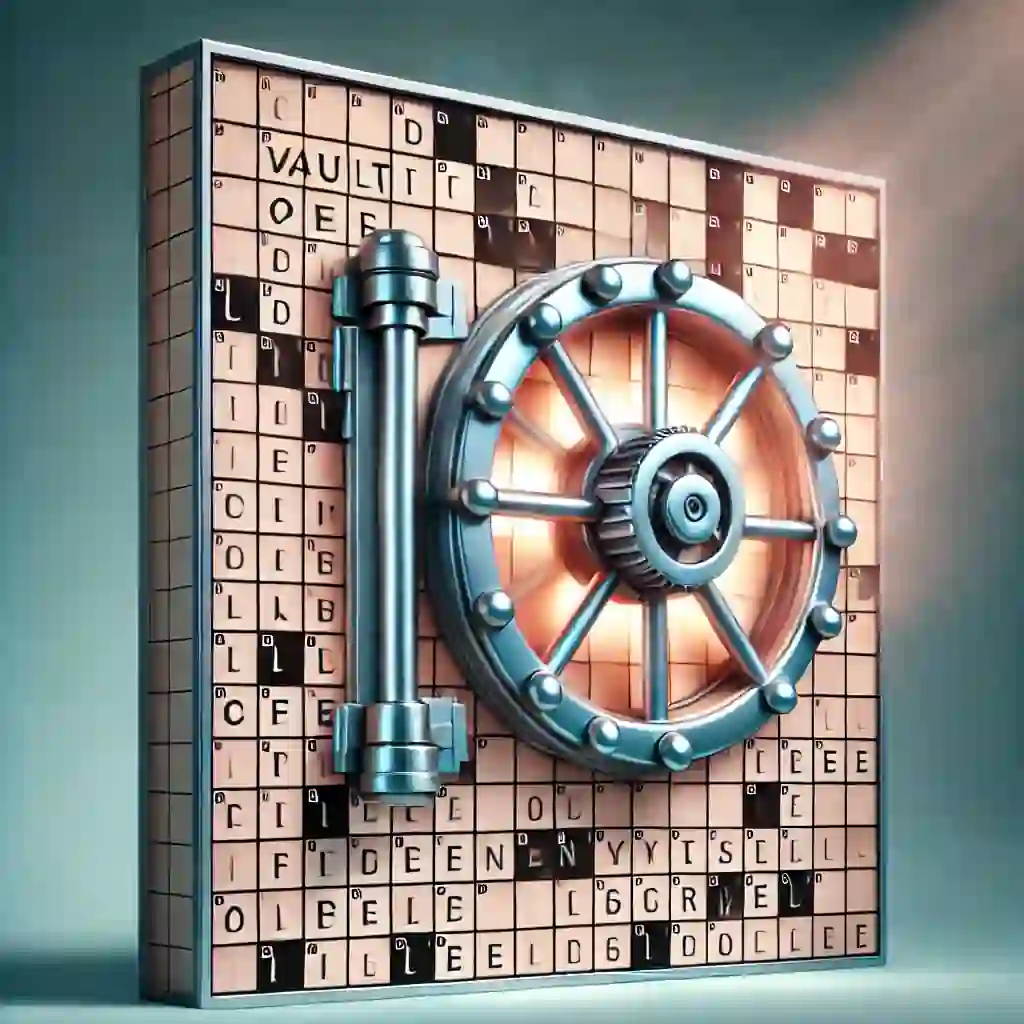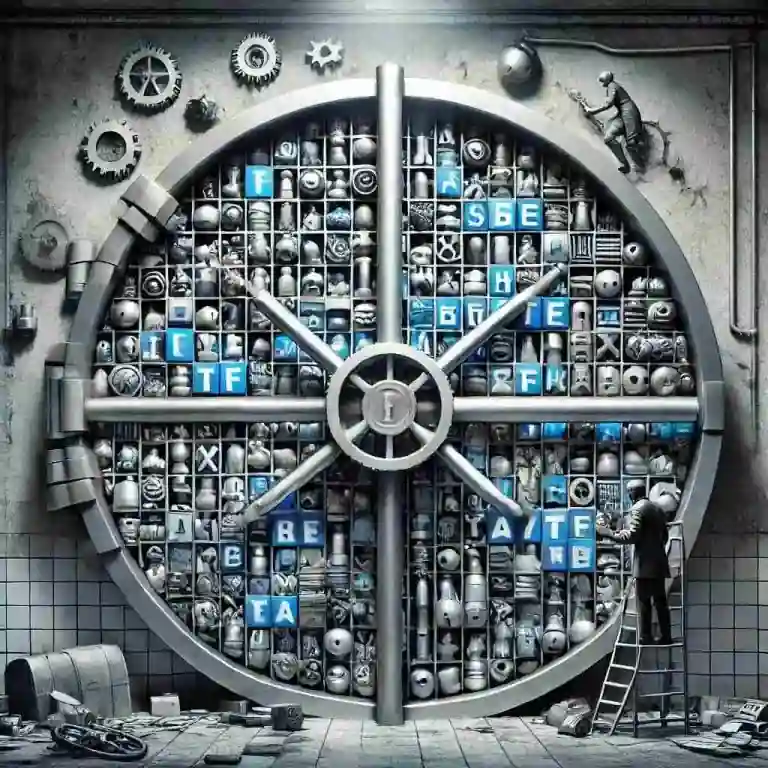Introduction
The NYT Crossword is one of the most popular and challenging puzzles worldwide. Whether you’re a beginner or an experienced solver, encountering cryptic clues like “Vault Opener” can be both intriguing and frustrating. In this article, we will explore the meaning behind this clue, possible answers, and effective strategies for solving similar crossword puzzles.
Solving crossword puzzles is not only an entertaining activity but also a cognitive exercise that sharpens the mind. With cryptic clues, solvers must think outside the box and use lateral thinking. Understanding how crossword puzzles are constructed and learning strategic solving methods can significantly enhance your crossword-solving experience.
Understanding NYT Crossword Clues
Crossword clues in the New York Times Crossword often contain wordplay, hidden meanings, or cultural references. Understanding how these clues work is crucial for deciphering them quickly.
How NYT Crossword Clues Are Structured
NYT Crossword clues typically follow these structures:
- Direct Definition Clues – The clue is a straightforward definition of the answer.
- Wordplay Clues – These include anagrams, puns, homophones, or hidden words.
- Abbreviations and Acronyms – Common in crosswords, where shortened forms of words are used.
- Historical and Pop Culture References – NYT often includes references to books, movies, famous personalities, and events.
Common Wordplay Techniques in Crossword Puzzles
- Anagrams – Letters are rearranged to form a new word.
- Homophones – Words that sound alike but have different meanings.
- Hidden Words – A word is concealed within a phrase.
- Double Meanings – A single word can have multiple interpretations.
- Rebus Puzzles – Some NYT crosswords contain multiple letters in a single square, requiring flexible thinking.

What Does “Vault Opener” Mean in NYT Crossword?
The term “Vault Opener” is a crossword clue that can have multiple interpretations. The answer often depends on the surrounding words and puzzle difficulty.
Possible Answers for Vault Opener
- KEY – A literal tool used to open a vault.
- CODE – A numerical or alphabetical passcode to unlock a vault.
- PIN – A personal identification number often required for vault access.
- SAFECRACKER – A person who opens vaults, often in a criminal context.
- LEVER – A mechanical tool sometimes used in security locks.
How Context Affects Crossword Clue Interpretation
Crossword clues are rarely standalone; they depend on:
- Letter Count – The number of letters required for the answer.
- Crossing Words – The intersecting answers in the puzzle.
- Theme of the Puzzle – Some NYT crosswords follow a particular theme that affects the interpretation of clues.
Strategies for Solving NYT Crossword Clues
Cracking the NYT Crossword requires a mix of logic, vocabulary, and pattern recognition. Below are some strategies to enhance your crossword-solving skills.
Recognizing Crossword Puzzle Patterns
- Identifying Common Word Endings – Many words end with “ER,” “ED,” or “ING.”
- Checking for Repeated Themes – NYT often features recurring themes, such as puns or historical references.
- Breaking Down Clues – Analyzing whether a clue is a direct definition, a pun, or wordplay helps find the right answer.
- Utilizing Prefixes and Suffixes – Identifying common word parts can narrow down possible answers.
Using Crossword Solving Tools
- Crossword Dictionaries – Books and online tools that list common crossword words and meanings.
- Online Crossword Solvers – Websites like OneLook and Crossword Tracker can provide suggestions based on known letters.
- Crossword Puzzle Apps – Apps like NYT Crossword and Crossword Solver assist in finding solutions more efficiently.
- Thesaurus and Synonym Tools – Expanding vocabulary with synonyms often helps identify tricky answers.
The Role of Crossword Clues in Brain Training
Solving crosswords is more than just a pastime—it has significant cognitive benefits.
Cognitive Benefits of Solving Crosswords
- Enhances Memory – Engaging with word puzzles helps improve recall and information retention.
- Boosts Problem-Solving Skills – Crosswords train the brain to recognize patterns and think critically.
- Reduces Stress – Focusing on a challenging puzzle can provide relaxation and mental clarity.
- Improves Language Proficiency – Exposure to diverse vocabulary strengthens language skills.

How Crosswords Improve Vocabulary and Memory
Regular crossword solving expands vocabulary by introducing new words and reinforcing knowledge of synonyms, antonyms, and homophones.
FAQs
1. What are common words used in NYT Crossword puzzles?
Many NYT crosswords feature words like ERA, ORE, ELO, ASTA, and ALI, which appear frequently due to their common letter combinations.
2. How do I get better at solving NYT Crossword puzzles?
Practice daily, familiarize yourself with common clues, and use online crossword solvers to understand patterns and improve your skills.
3. What is the best way to decipher cryptic crossword clues?
Break the clue into potential definitions and wordplay elements. Look for anagrams, homophones, or double meanings to find the right answer.
4. Is there a strategy to finding NYT Crossword themes?
Check the title or first few clues for hints about the theme. Many NYT crosswords have recurring subjects or wordplay patterns.
5. Can I use online tools to help with NYT Crosswords?
Yes! Websites like Crossword Tracker and apps like NYT Crossword Solver provide assistance when you’re stuck.
6. Are there benefits to solving crosswords daily?
Absolutely! Daily crossword solving enhances vocabulary, sharpens cognitive skills, and provides a relaxing mental workout.
Conclusion
Deciphering “Vault Opener” in the NYT Crossword requires an understanding of crossword clue structures, wordplay techniques, and logical deduction. By using the strategies outlined in this article, you can improve your crossword-solving skills and enjoy the intellectual challenge that NYT puzzles offer.
For those who want to take their crossword skills to the next level, regular practice, the use of online tools, and exposure to common crossword words will ensure steady improvement.
